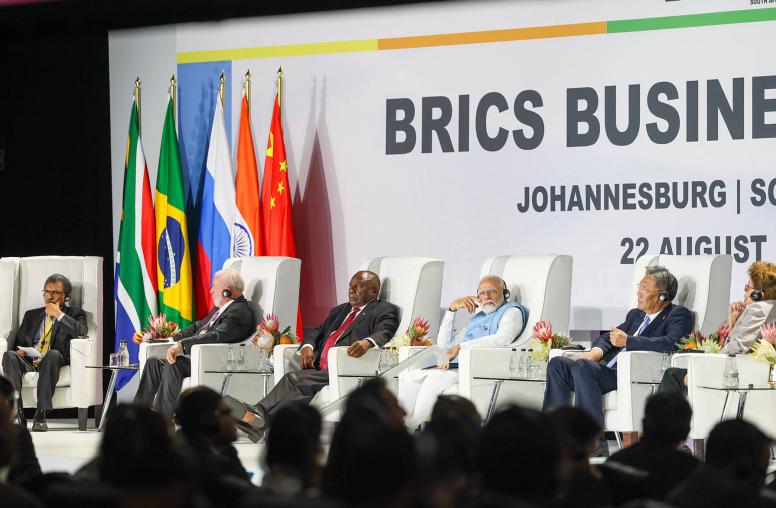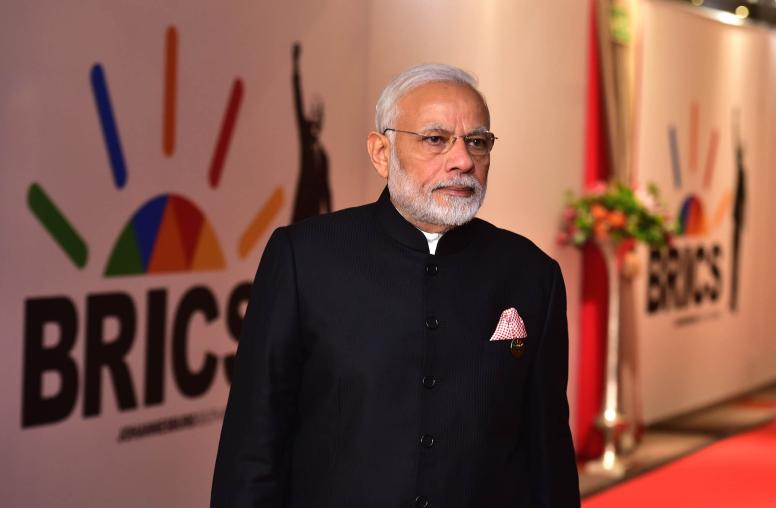Human Rights, Democracy and Identity in South Asia
A Conversation with the Playwright and Director of “Gandhi and Jinnah Return Home”
Blending historical fact with creative imagination, “Gandhi and Jinnah Return Home” is a play that offers new insights into the lives and legacies of two of the most important figures in modern South Asian history. Examining the historical figures of Mahatma Gandhi and Muhammad Ali Jinnah, the play explores their influence on issues of religious tolerance, cultural identity, democracy, pluralism and gender — as well as the continued relevance of these themes today, both in South Asia and beyond. “Gandhi and Jinnah Return Home” will open live in Washington for audiences in late October.
On October 18, USIP hosted a conversation with playwright Akbar Ahmed, director Manjula Kumar and several of the play’s performers. The discussion looked at the role of arts and theater as a peacebuilding tool, spotlighted the genesis of the storyline and examined the role of historical frameworks in understanding contemporary issues on human rights, democracy and identity in South Asia.
Speakers
Ambassador Akbar Ahmed
Distinguished Professor and Ibn Khaldun Chair of Islamic Studies, American University; Playwright, “Gandhi and Jinnah Return Home”
Manjula Kumar
President and Executive Director, Global Performing Arts; Program Director, Smithsonian Institution Emeritus
Farhan Bhaba
Performer, “Gandhi and Jinnah Return Home”
Soumya Kini
Performer, “Gandhi and Jinnah Return Home”
Sri Mirajkar
Performer, “Gandhi and Jinnah Return Home”
Tamanna Salikuddin, moderator
Director, South Asia Programs, U.S. Institute of Peace



